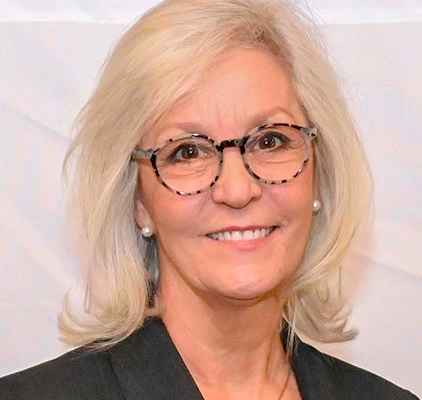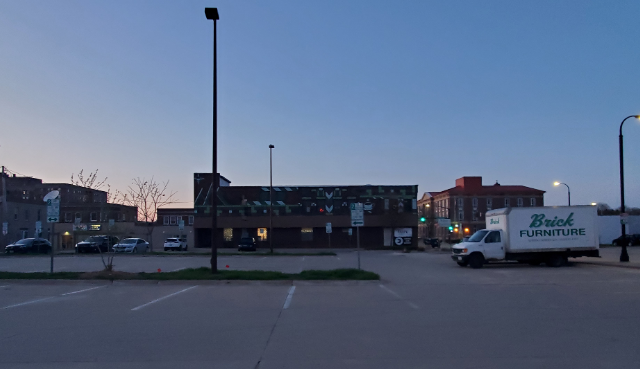Iowa nabs grant to boost job opportunities for those with disabilities

DES MOINES — October is National Disability Employment Awareness Month, and 14 states, including Iowa, have received large federal grants to try to link workers with better paying jobs offering career advancement.
Iowa’s share of grant money is $13.8 million.
Dan Tallon, administrator of Iowa’s Vocational Rehabilitation Services, said subminimum wage jobs often serve as default for those with disabilities who face barriers in getting care they need to become integrated with the community. He hopes the grant leads to opportunities to better fit their needs.
“We’re not gonna set the expectation that every single person has to be working 40 hours a week at a high wage,” Tallon stressed. “We want to know what do they want to pursue, and really make sure that they’re involved in that decision on a personal level”
There is a long-standing federal law which allows employers to obtain certificates through the Department of Labor to pay workers with disabilities less than the federal minimum wage. But a number of states are trying to phase out such policies.
Meanwhile, the Iowa Developmental Disabilities Council said it is excited about the grant, noting it will expand real employment opportunities, which is one step closer to better community inclusion.
Through the efforts, Tallon pointed out they will bring together stakeholders to establish unified solutions, including boosting services at the high school level to ensure students with disabilities have a more defined career path as they transition to adulthood.
“Individuals that interact with students in special education are always impressed by their abilities to be highly successful,” Tallon observed. “As long as we can take away that discrimination take away the other barriers that they have to employment and really allow them to express and explore their talents, we can be really successful.”
State and federal officials said the funding rollout is designed to provide more comparable pay for green jobs, essential worker industries, transportation work, and the arts.




